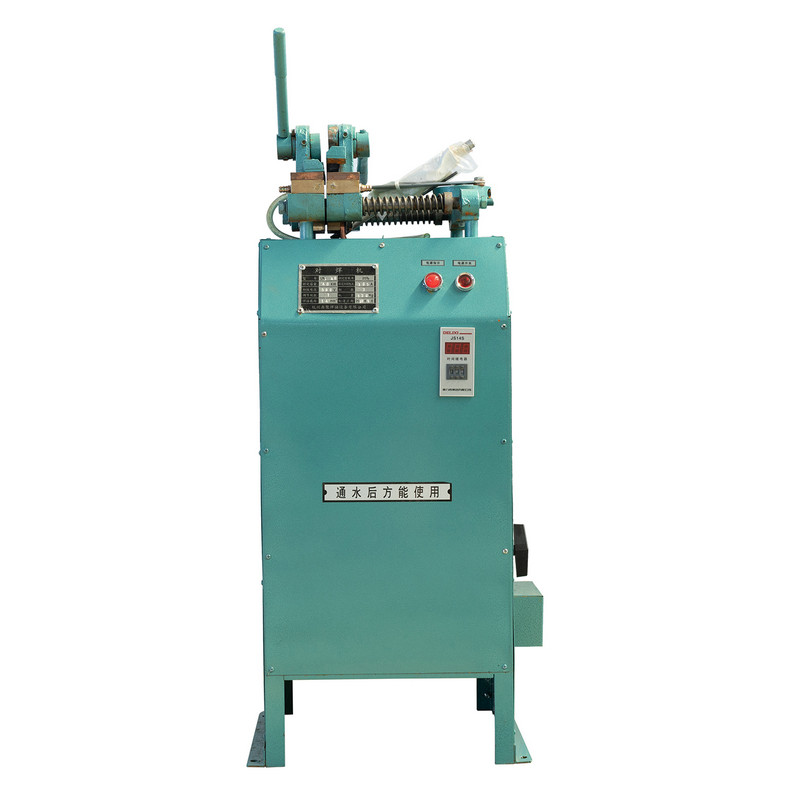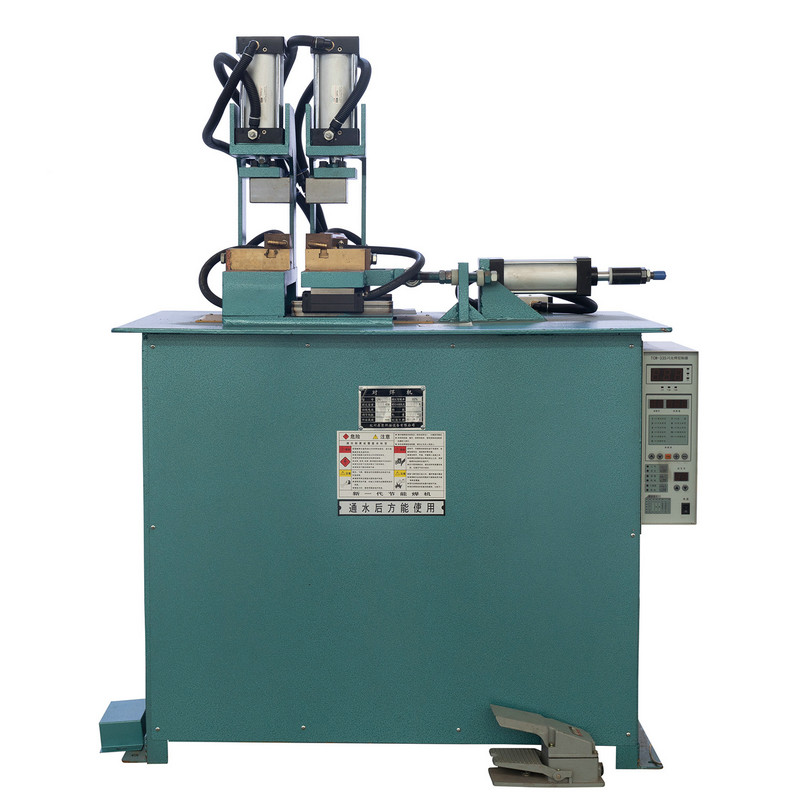Welding technology has evolved significantly, offering various tools to meet different industrial needs. Among these, the sturdy durable desktop pedal welding machine and handheld welders serve distinct purposes, each with unique advantages and limitations.
Design and Stability
The sturdy durable desktop pedal welding machine is designed for stationary use, featuring a robust frame that minimizes vibrations and enhances stability during operation. Its pedal-controlled mechanism allows for precise current regulation, reducing the risk of inconsistencies in weld quality. The fixed position ensures that the workpiece remains steady, making it ideal for detailed or repetitive welding tasks.
In contrast, handheld welders are portable and rely on the operator’s skill to maintain stability. While they offer flexibility in reaching tight or awkward spaces, their effectiveness depends heavily on the user’s ability to control movement and positioning. The lack of a fixed base can lead to minor deviations, particularly in prolonged welding sessions where operator fatigue becomes a factor.
Precision and Control
Precision is a critical factor in welding, especially for delicate or high-quality joints. The sturdy durable desktop pedal welding machine excels in this regard, as its pedal-operated system allows for fine adjustments in heat and current without requiring manual repositioning. This feature is particularly beneficial for tasks requiring uniform welds, such as jewelry making, electronics assembly, or small-scale fabrication.
Handheld welders, while versatile, demand greater manual dexterity. The operator must simultaneously manage the torch angle, travel speed, and current settings, which can be challenging for beginners. Although experienced welders can achieve high precision with handheld units, the learning curve is steeper compared to the more controlled operation of a desktop pedal welding machine.
Efficiency and Workflow
For high-volume or repetitive welding tasks, the sturdy durable desktop pedal welding machine offers superior efficiency. The hands-free pedal operation allows the welder to focus solely on workpiece alignment, reducing cycle times and improving consistency. This setup is particularly advantageous in small workshops or production lines where speed and repeatability are crucial.
Handheld welders, while flexible, are generally slower for batch processing. Each weld requires manual repositioning, increasing the likelihood of variability between pieces. However, their mobility makes them indispensable for on-site repairs or large-scale projects where a stationary machine would be impractical.
Applications and Suitability
The sturdy durable desktop pedal welding machine is best suited for precision-based applications, including:
- Micro-welding in electronics
- Jewelry repair and fabrication
- Small-component assembly
- Laboratory and research welding
Handheld welders, on the other hand, are more adaptable for:
- Construction and structural welding
- Automotive repairs
- Pipeline and heavy-duty welding
- Field maintenance and emergency fixes
Durability and Maintenance
Both systems are built for longevity, but their maintenance needs differ. The sturdy durable desktop pedal welding machine, being stationary, experiences less mechanical wear from movement-related stress. Its enclosed design often protects internal components from dust and debris, extending service life.
Handheld welders, subjected to frequent handling and environmental exposure, may require more frequent servicing. Cables, torches, and power switches are prone to wear, especially in rugged work conditions. However, advancements in ruggedized designs have improved their durability over time.
Cost Considerations
While the sturdy durable desktop pedal welding machine typically has a higher initial cost due to its precision engineering, it can be more cost-effective in the long run for specialized applications. Reduced rework and higher consistency contribute to lower operational expenses.
Handheld welders are generally more affordable upfront and are a practical choice for general-purpose welding. However, the potential for inconsistent welds and higher consumable usage may increase long-term costs in certain scenarios.
The choice between a sturdy durable desktop pedal welding machine and a handheld welder depends largely on the intended application. For precision, stability, and high-efficiency tasks, the desktop model is unmatched. Conversely, handheld welders provide unmatched versatility for mobile and large-scale operations. By evaluating factors such as workflow demands, required precision, and budget, users can select the most suitable welding solution for their needs.







